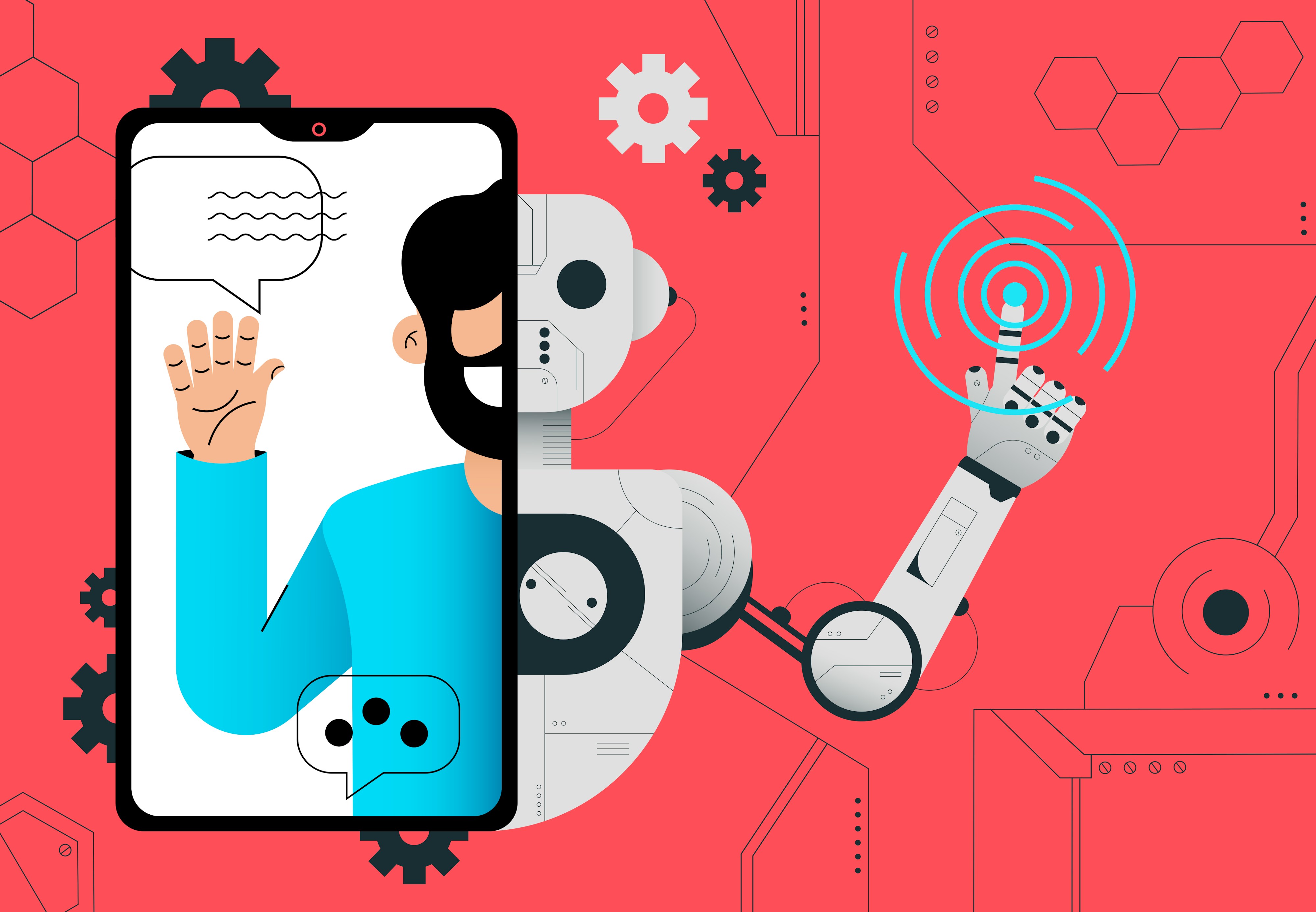
Users constantly contribute to online platforms: posting comments, asking questions, and uploading videos. While this user-generated content brings communities together, it also creates a huge challenge: how to keep platforms safe, respectful, and compliant with guidelines.
AI-powered moderation tools are helping platforms handle the scale and complexity of user-submitted content in ways that would be impossible through manual moderation alone. Here’s how it works, and what you should know about the technology shaping our digital spaces.
Why Human Moderation Is Not Enough
Every minute, users upload more than 500 hours of video to YouTube and post thousands of comments across social platforms like Reddit, Facebook, and Instagram. Manual moderation alone simply can’t keep up.
Content moderation teams also risk burnout and emotional distress from constant exposure to toxic material. In 2020, a group of Facebook moderators reached a settlement over mental health concerns caused by reviewing disturbing content.
How AI Moderation Works
AI moderation uses machine learning, natural language processing, and computer vision to detect and respond to inappropriate or harmful content. Here are some common approaches:
Text Moderation
Tools like OpenAI’s Moderation API can scan written content like comments or questions to detect:
- Hate speech
- Harassment or bullying
- Profanity
- Spam
- Misinformation
In addition, Google’s Perspective API analyzes the “toxicity” of a comment and assigns a score that helps moderators decide whether to flag or hide it.
Image and Video Moderation
Computer vision models can identify:
- Nudity or sexually explicit content
- Violence or gore
- Dangerous activities (e.g., self-harm or weapons)
- Copyright violations
Companies like Hive and Microsoft Azure Content Moderator offer video and image scanning tools that detect such content in real time.
Advantages of AI in Moderation
AI brings several key advantages to content moderation. It works fast, processing thousands of pieces of content in seconds. It scales well, and allows platforms to handle massive volumes of user input across different time zones and countries. Unlike human moderators who may interpret guidelines inconsistently, AI ensures uniformity by applying rules consistently across all content. Perhaps most importantly, it enhances safety by reducing the amount of harmful or disturbing material that human moderators are exposed to.
Limitations and Ethical Concerns
AI isn’t perfect. Several challenges limit its effectiveness in content moderation. One major issue is context blindness: AI may misinterpret sarcasm, jokes, or cultural expressions as harmful, leading to inaccurate flags. There’s also the risk of bias, as algorithms trained on skewed or incomplete data can unfairly target certain groups or dialects. Additionally, over-censorship is a concern, with platforms sometimes removing content that isn’t harmful, potentially restricting free expression. To address these limitations, most platforms rely on a hybrid approach: AI tools flag or filter content, while human moderators make the final decisions in nuanced or borderline cases.
Real-World Examples
Many major platforms have already adopted some form of AI moderation. YouTube uses AI to detect and remove videos that violate its community guidelines. It removed over 6 million videos in Q2 of 2023 alone, with more than 90% initially flagged by automated systems. Reddit uses machine learning to assist subreddit moderators in identifying rule violations, helping them respond more quickly and accurately. In addition, Twitch applies AI moderation in real time during live streams, automatically filtering out hate speech and spam before it ever reaches viewers.
The Future of AI Moderation
As the volume of online content continues to grow, AI moderation is poised to play an even greater role in managing digital spaces. Advancements such as more personalized moderation tailored to individual user preferences, improved multilingual and cross-cultural capabilities, and greater transparency around how moderation decisions are made are likely over the coming years. However, for AI moderation to be truly effective and equitable, it must be developed and overseen responsibly to ensure it remains fair, accurate, and respectful of users’ rights.
